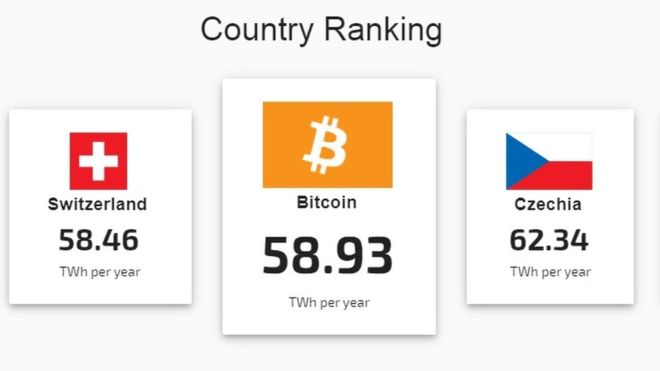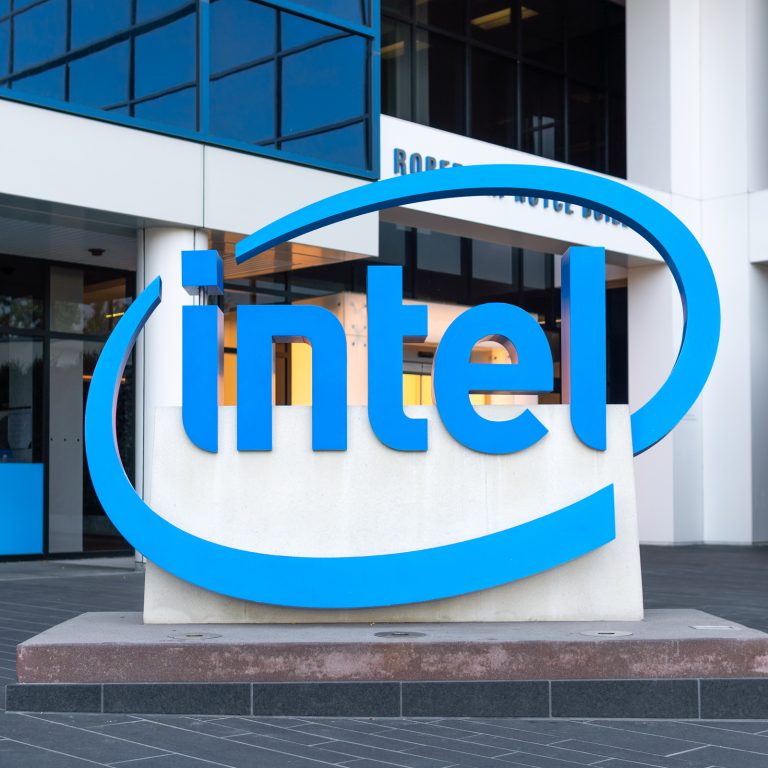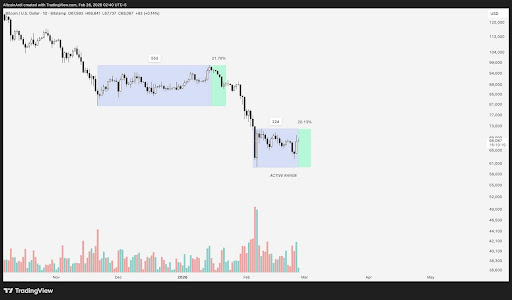2023-9-1 19:00 |
The debate surrounding the Bitcoin network’s energy consumption has been intense and mostly tilted in favor of BTC detractors. These individuals and entities have used the Cambridge Bitcoin Electricity Consumption Index (CBECI) to make an argument against the cryptocurrency.
However, Cambridge has updated its CBECI to reflect new data, potentially flipping the discourse around Bitcoin’s sustainability. This report previously compared BTC’s energy consumption to some major European nations, but the revised models provide a deeper insight.
Bitcoin Mining Data Evolves, Models Should FollowIn an article called “Bitcoin Electricity Consumption: An Improved Assessment,” the institution provided the motivations behind the update. In addition, Cambridge acknowledged the difficulties in creating a methodology and getting the data due to BTC’s decentralized network.
Moreover, the institution received expert feedback and evaluated energy consumption as just one of many items to create an accurate index. Cambridge has been working on this issue since July 2019 and launching other tools besides the CBECI to help track Bitcoin’s energy consumption, hashrate distribution, and greenhouse (GHG) emissions.
The revised model uses data from BTC mining hardware manufacturers, governments, and other sources. This data affected estimations by looking into the distribution of newer mining equipment and the different energy sources leveraged by this nascent industry.
The institution clarified:
(…) the backbone of our previous CBECI methodology was the assumption that every profitable hardware model released less than 5 years ago equally fuelled the total network hashrate. This, however, led to a disproportionally large number of older devices compared to newer ones in our assumed hardware distribution during exceptionally profitable mining periods.
The chart below shows the new model’s discrepancies with the 2019 CBECI. In particular, the model differed from the 2021 model, when the Bitcoin price rallied, and mining profitability was high.
Energy consumption at that time stood at 89 Terawatt per hour (TWh), according to the revised CBECI model. The old model showed a much higher figure at 104 TWh. The report stated:
In terms of global electricity consumption, it represented about 0.38%. As for 2023, the year-to-date electricity consumption estimate has been revised from 75.7 TWh to 70.4 TWh.
A Look Into The FutureCambridge expressed its desire to continue informing the public about Bitcoin’s energy consumption. However, the institution called the process “elusive” and committed to only providing approximated numbers on the nascent BTC mining sector.
The report acknowledged the advantages of using Bitcoin mining to offset carbon emissions via different methods and its impact on noise disturbances, water use, and thermal pollution.
This report is one of the many that have emerged over the past three months. Major consultancy company KPMG highlighted the benefits of using the cryptocurrency to push energy demand into its next era and generally attempted to tear down the myths surrounding the industry.
KPMG and Cambridge’s efforts have been celebrated across the crypto industry. Daniel Batten, an investors in transparent and sustainable energy, stated:
Cambridge have just updated their Bitcoin power/energy consumption methodology. First glance: it’s decreased around 25% and is now looking much more accurate (…).
Cover image from Unsplash, chart from Tradingview, and Cambridge
origin »Bitcoin price in Telegram @btc_price_every_hour
Bitcoin (BTC) на Currencies.ru
|
|

































